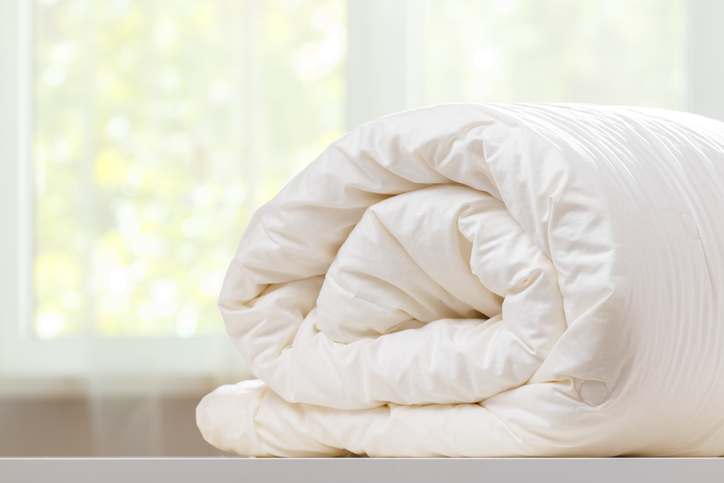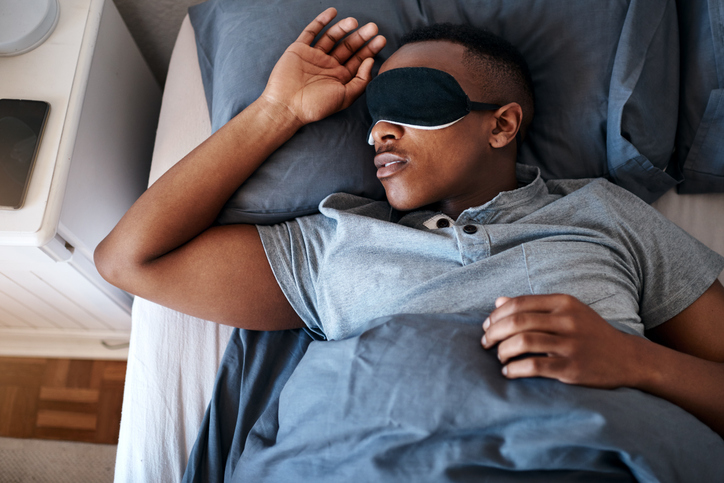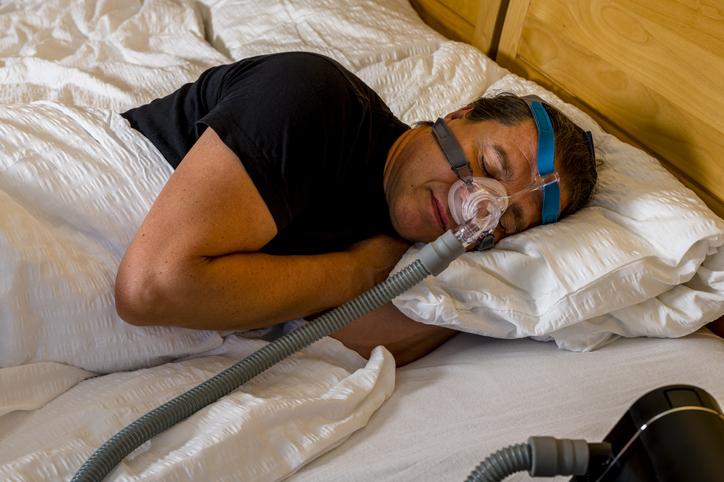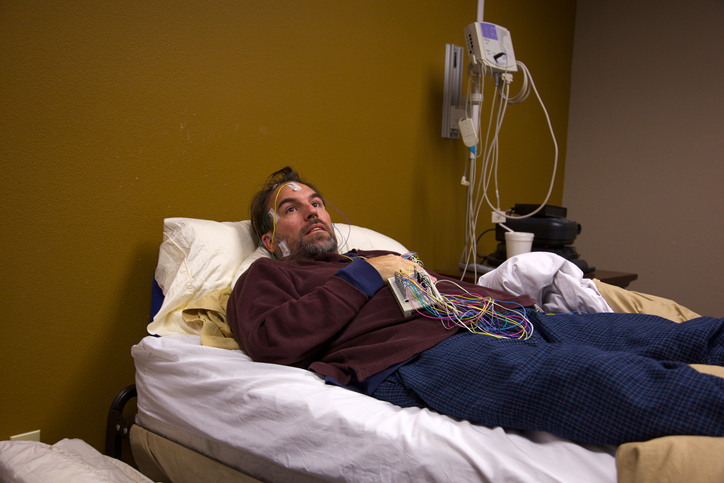Living with Chronic Pain
Weighted Blankets — Help or Hype?

Weighted blankets have become very popular in the last few years due to claims that they improve sleep quality, manage anxiety, and reduce pain levels. Their use and benefits have been discussed in newspapers, television and online. But what is really known about their use in terms of assisting with the management of sleep, anxiety and chronic pain?
What are weighted blankets?
A weighted blanket looks like an ordinary blanket except it is typically filled with plastic beads or pellets, making it heavier than a regular blanket. Weighted blankets can range anywhere from 5 to 30 pounds (2.3 to 13.6 kilograms). No scientific data exists regarding the use of a specific weight to achieve optimal benefits; however, advocates of weighted blankets suggest using a blanket that is 5-10% of body weight.
What is the purpose of using a weighted blanket?
The idea of using weight to help calm the mind and body has been supported in the medical community for some time, generally in psychiatric settings and as a sensory tool to manage symptoms of autism. The basic premise is that a weighted blanket mimics deep pressure stimulation, calming and settling the nervous system. The idea is similar to how swaddling works for babies — providing a snug and secure feeling to promote sleep.
What conditions may improve from using a weighted blanket?
Some evidence exists that using a weighted blanket may help manage the following health conditions:
- Anxiety — Research shows that deep pressure stimulation can reduce autonomic arousal, which is responsible for certain anxiety symptoms, such as increased heart rate.
- Insomnia — Research suggests that the use of a weighted blanket decreases the time it takes to fall asleep and the number of awakenings during sleep.
- Chronic pain — A small research study found that pressure applied to the body reduced pain reflexes in individuals with chronic pain. Therefore, using a weighted blanket may reduce pain. A clinical trial studying the use of weighted blankets and their effect on the experience of chronic pain is currently underway at the University of California, San Diego.
Who should not use a weighted blanket?
An individual who has difficulty lifting a weighted blanket off their body should not use one. Also, individuals with the following conditions should not use a weighted blanket or should get a doctor’s approval:
- Sleep apnea
- Breathing difficulties, such as asthma
- Sleep disorders
- Claustrophobia
Bottom line
Not enough credible research currently exists to say for certain whether weighted blankets are helpful or all hype. However, they are a non-prescription, non-opioid option to try for insomnia, anxiety and chronic pain.


















